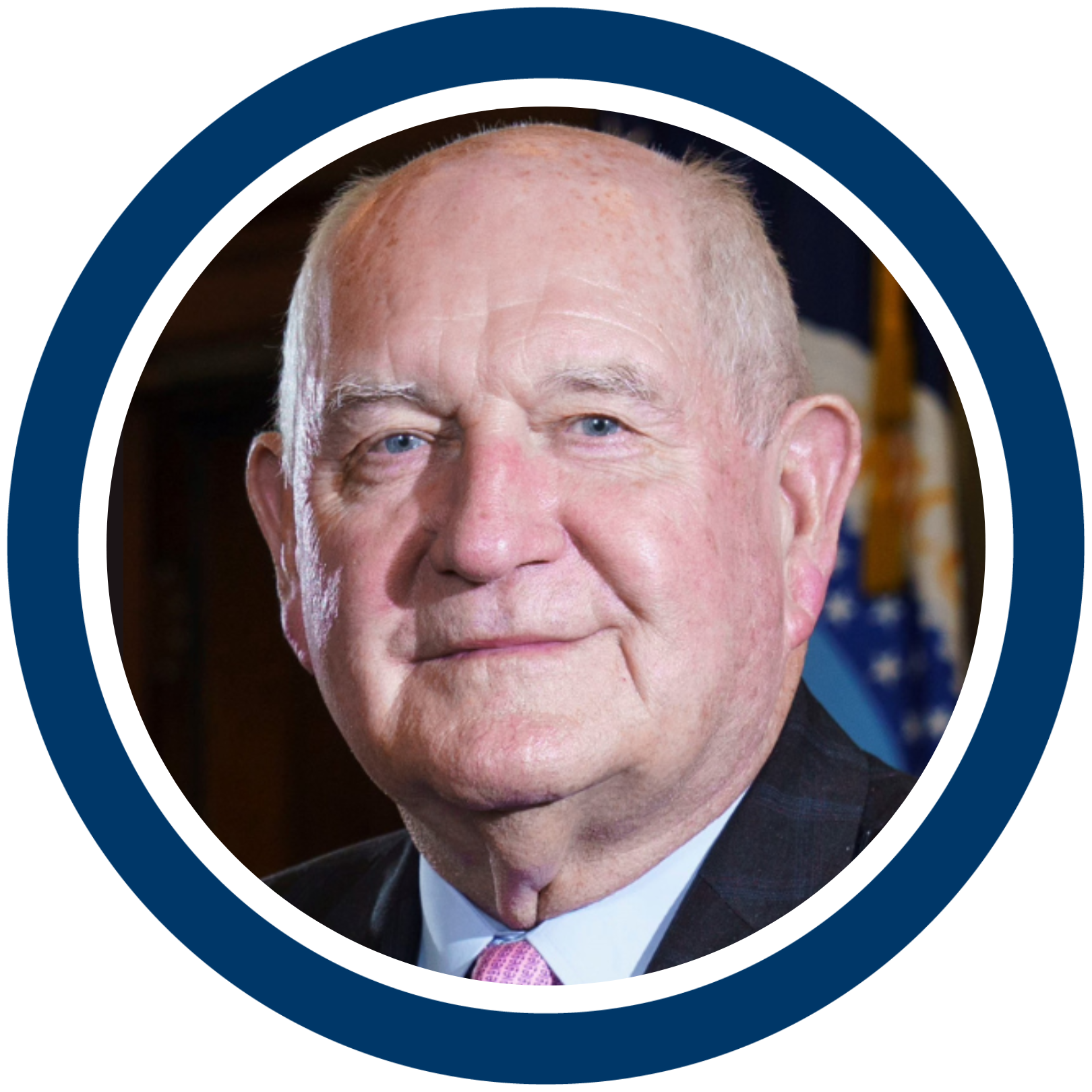Study reveals Columbus State’s FY22 economic impact grew by 2.5% to $290M
August 17, 2023

A recent study commissioned by the University System of Georgia and released on June 27 estimates the regional economic impact of Columbus State University’s institutional spending as $290.2 million for Fiscal Year 2022. This represents a 2.5% increase over the university’s FY21 computed regional economic impact.
That is based on Columbus State’s $251.4 million in initial spending by students and by the university on personnel and operating expenses. The remaining $38.8 million is the multiplier impact of those funds on the local community. The annual economic impact study also revealed every institutional dollar spent by Columbus State University generates an additional 15 cents for the regional economy.
 “USG’s 26 public colleges and universities, individually and collectively, make a
significant economic impact across the state, helping to put Georgians to work while
spending money in local communities and helping their regional economies support Georgia’s
growth,” USG Chancellor Sonny Perdue (pictured) said. “At the same time, our graduates are the real winners with this
million-dollar deal. We’re focused on continuing to help all our students be successful
as they use their degrees to prepare themselves for their future prosperity.”
“USG’s 26 public colleges and universities, individually and collectively, make a
significant economic impact across the state, helping to put Georgians to work while
spending money in local communities and helping their regional economies support Georgia’s
growth,” USG Chancellor Sonny Perdue (pictured) said. “At the same time, our graduates are the real winners with this
million-dollar deal. We’re focused on continuing to help all our students be successful
as they use their degrees to prepare themselves for their future prosperity.”
CSU’s regional impact is part of the USG’s collective statewide impact of $20.1 billion total economic impact for FY22, which spanned July 1, 2021, through June 30, 2022. That is up from $19.3 billion in FY21 and included $14.2 billion in initial spending by students and by USG’s 26 public colleges and universities on personnel and operating expenses. The remaining $5.9 billion is the multiplier impact of those funds in a local community.
 “Columbus State University has been woven into the fabric of the Chattahoochee Valley
for more than 60 years,” said the university’s president, Dr. Stuart Rayfield (pictured). “That is evidenced by the university’s thriving contributions to economic
and workforce development, cultural and educational tourism, and overall quality of
life. It also demonstrates how through both our university and community can be better
together when our partnerships are inclusive of these quality of life factors that
make the Chattahoochee Valley unique for residents and visitors alike.”
“Columbus State University has been woven into the fabric of the Chattahoochee Valley
for more than 60 years,” said the university’s president, Dr. Stuart Rayfield (pictured). “That is evidenced by the university’s thriving contributions to economic
and workforce development, cultural and educational tourism, and overall quality of
life. It also demonstrates how through both our university and community can be better
together when our partnerships are inclusive of these quality of life factors that
make the Chattahoochee Valley unique for residents and visitors alike.”
Columbus State’s regional economic impact footprint includes Muscogee, Harris, Chattahoochee, Marion, Talbot, Troup and Stewart counties. This area was determined using commuting data obtained from the U.S. Census Bureau’s Residence County to Workplace County Flows for Georgia five-year report spanning 2009 to 2013.
Jobs creation
Data also show USG and its institutions create the same employment impact in the state as Georgia’s top five employers combined. Of the 159,034 full- and part-time jobs generated by USG institutions, approximately 32% of the positions are on-campus jobs and 68% are off-campus. The study found that for each job created by a USG institution on its campus, two additional jobs are created in the local community.
Of those USG-wide jobs, Columbus State generated 2,844 jobs — up 5.0% over FY21, and including 32% of which were on campus and 68% that were off campus. On average, each on-campus CSU job led to the creation of two additional off-campus jobs as a result of spending by the institution.
Graduates’ lifetime earning potential
In the companion study, findings show the breakdown of how much each level of higher education can add to a USG graduate’s total earnings over the course of their lives. They offer additional evidence about how earnings increase substantially with each step up in earned degree. On average, each credential generates additional earnings over a USG graduate’s lifetime by:
- Certificate: +$238,455
- Associate degree: +$377,000
- Bachelor’s degree: +$1,152,500
- Master’s degree: +$1,399,500
- Professional degree: +$2,167,500
- Ph.D.: +$2,037,500
Based on work-life earnings estimates for Georgia, the analysis showed that the 71,731 USG graduates from the Class of 2022 can expect combined total lifetime earnings of $183 billion, which is $60 billion more than they could expect to earn had they not gone on to college or graduate school.
The study shows graduates with at least a bachelor’s degree will earn over $1 million more throughout their lives. In fact, high school graduates who obtain a bachelor’s degree will boost their work-life earnings in Georgia by 82%, exceeding the 80% increase estimated for the nation.
Earning potential specific to Columbus State students is available from the USG's Georgia Degrees Pay website in addition to the data released in USG’s Class of 2022 Lifetime Earnings for University System of Georgia report.
The average increase in lifetime earnings fluctuates year-to-year for each graduating class depending on how many bachelor’s degrees are awarded compared to the other degree categories. If factoring in less-than-four-year degrees for the Class of 2022, the average amount of extra earnings is $830,203.
The annual study is conducted on behalf of the USG Board of Regents by Dr. Jeffrey M. Humphreys, director of the Selig Center for Economic Growth in the University of Georgia’s Terry College of Business. The full economic impact and lifetime earnings potential reports are available on USG’s website.
Media contacts:
- Michael Tullier, APR, Executive Director of Strategic Communication + Marketing, Columbus State University, 706.507.8729, mtullier@columbusstate.edu
- Kristina Torres, Assistant Vice Chancellor for Leadership Communications, University System of Georgia, 404.962.3052, kristina.torres@usg.edu